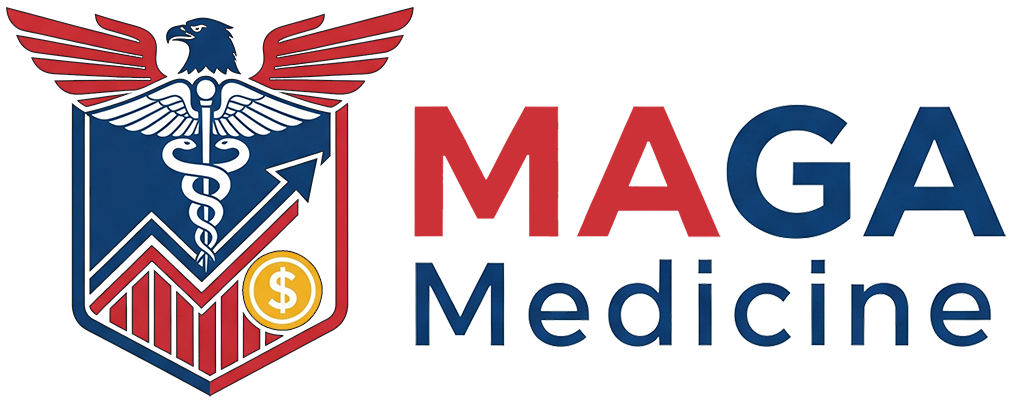Democrat Jay Jones has found himself in hot water during the final weeks of his campaign to become Virginia’s top law enforcement officer. The closer to Election Day it gets, the scandals seem to keep piling up.
At around the same time he was fantasizing about assassinating Virginia’s former Republican House speaker and wishing death upon his children in 2022, Jones had a truly remarkable run-in with the state’s criminal-justice system. According to recent reports, the Democrat AG candidate is now under investigation for a 2022 reckless driving incident.
By way of background, Jones was clocked going 116 mph in a 70 mph stretch of highway and charged with reckless driving. While other defendants facing the same charge as he faced — with the “same initial hearing date as Jones” — reportedly got jail sentences, Jones got away with a fine and 1,000 hours of community service. (These defendants were even caught driving more slowly than Jones was, according to Cardinal News.)
Supposedly, Jones did that community service in 2023 — 500 hours at “Meet Our Moment” and 500 hours at the Virginia chapter of the NAACP. The first tranche of hours has caused considerable controversy and may be at the heart of the aforementioned criminal investigation.
Meet Our Moment is Jones’ own political action committee, founded to train Democrats to run for office. His hours were certified by an adviser of his, the Richmond Times-Dispatch reported. As noted by National Review, social media posts revealed Jones crisscrossed Virginia campaigning for Democrats in 2023, raising questions about whether such activities were counted as part of the 500 hours of “community service” he purportedly conducted with the group.
Perhaps equally interesting, however, is Jones’ “community service” time with the Virginia wing of the NAACP.
In 2023, Jones was a senior associate at the massive law firm known as Hogan Lovells. While there, he was involved in a high-profile lawsuit against the Youngkin administration regarding a dispute over public records pertaining to voting restoration practices for previously convicted felons.
The client Jones and Hogan represented in that case? None other than the Virginia NAACP. (Jones apparently ended work on the case when he started campaigning for state attorney general.)
Much like with Meet Our Moment, it’s unclear how Jones spent his 500 hours with the Virginia NAACP, once again raising questions about whether any of his legal services for the group in its lawsuit against Gov. Glenn Youngkin were counted as “community service.”
These services would seemingly have been provided by Hogan “pro bono,” or for free. But they’re provided for free by the firm’s partnership.
In the area of law, big firms typically set aside a certain amount of partner and associate time for pro bono work as a way to train young lawyers, build notoriety for the firm, and, in some cases, do some good. If that time comes out of anyone’s paycheck, it’s the partners, who are deprived of precious billable hours that could otherwise be charged to paying clients for the pool of profits they divide per formula as their compensation.
(Although, while that’s the case for pro-bono work generally, in this instance, Hogan actually submitted a motion for attorneys’ fees, which further complicates the financial dynamics of the case.)
Unlike partners at elite law firms, the associates are salaried employees. They are usually paid on some variation of the “Cravath Scale” — named after a New York-based firm that sets the market for associate pay and bonus.
As can be seen here, in 2023, a Hogan associate who was law-school class of 2016 or older (Jones was class of 2015) got a base salary of $435,000. He’d also be eligible for at least a $115,000 bonus. To get the bonus, though, he’d need to hit an “hours threshold” of 2,000 billable hours, of which only 150 could be pro bono up to 1,850 hours. In plain English, if Jones billed 1,850 hours to paying clients, he could have then banked his full 500 pro-bono hours to get a full bonus; if he didn’t bill 1,850 hours, then only 150 of his Virginia NAACP hours would count toward his bonus.
Would Hogan have nickel-and-dimed a former state legislator and possible future attorney general on his bonus for representing such a liberal cause? Maybe not. But even if they did, the most that can be said is that Jones’ work for the Virginia NAACP may have eaten into his $115,000 bonus. He would still have seemingly been getting paid $435,000 plus benefits to do his work for the Virginia NAACP even if he didn’t meet his bonus-hours requirement.
Theoretically, this means that Jones could say, at best, “My community service meant I only made $435,000, not $550,000.” Quite the sacrifice.
Law-firm finances can be complicated and may only be interesting to those in the field. But the question stands: Did Jones’ 500 hours of “community service” for the Virginia NAACP include time spent on the case he worked on at Hogan? Was Jones paid handsomely to engage in his court-ordered community service? That it was “community service” suing Youngkin on a question of voting rights would just be icing on the cake in terms of the brazenness of it.
In sum, it sure looks like much of Jones’ 1,000 hours were spent advancing his political career, both in terms of supporting his own PAC and litigating voting issues against Republicans. At least some of that political work seems to have been undertaken as part of his day job, for which he was paid handsomely. No wonder he’s being investigated.
The Jones campaign did not respond to The Federalist’s immediate request for comment.
Read the full article here
